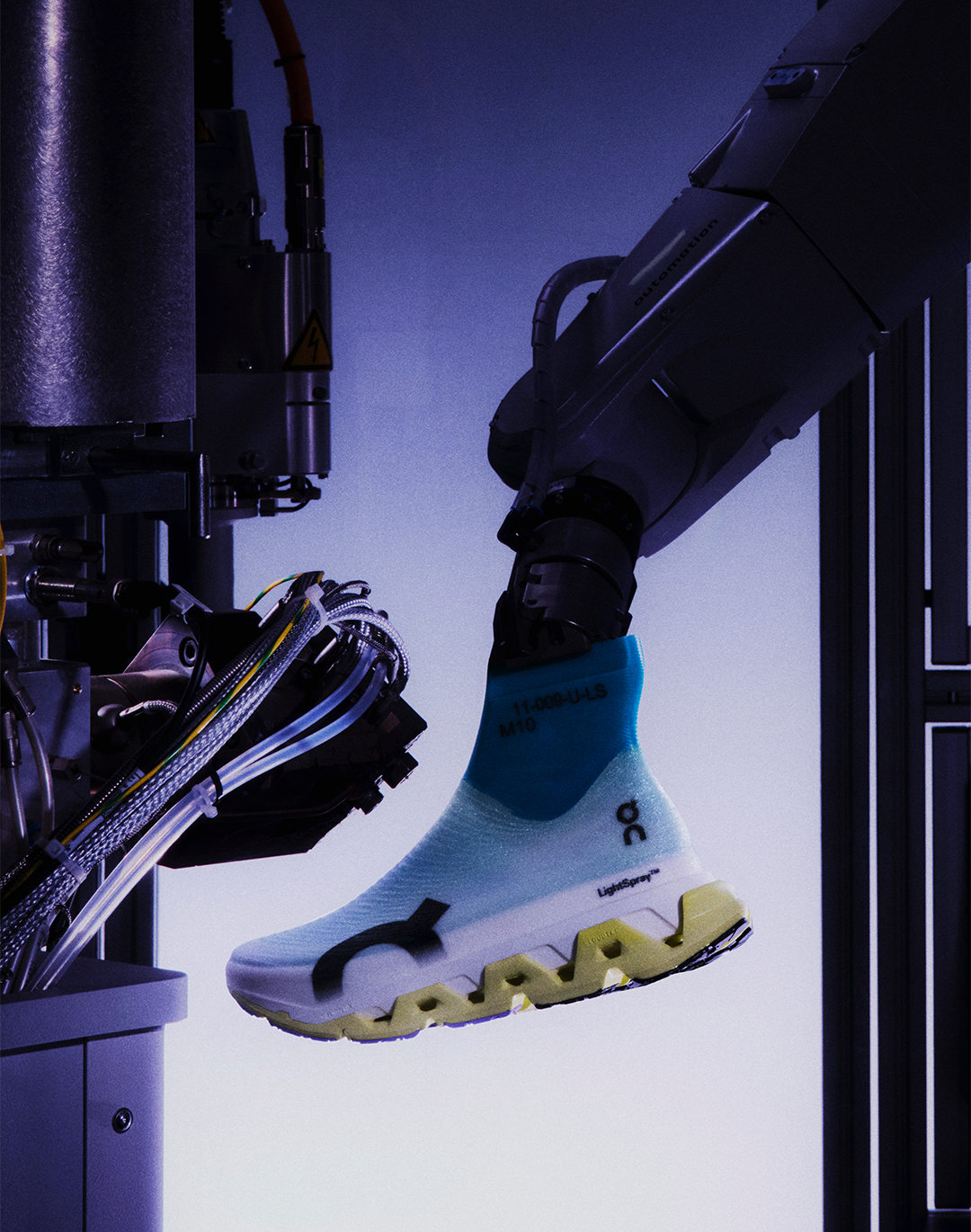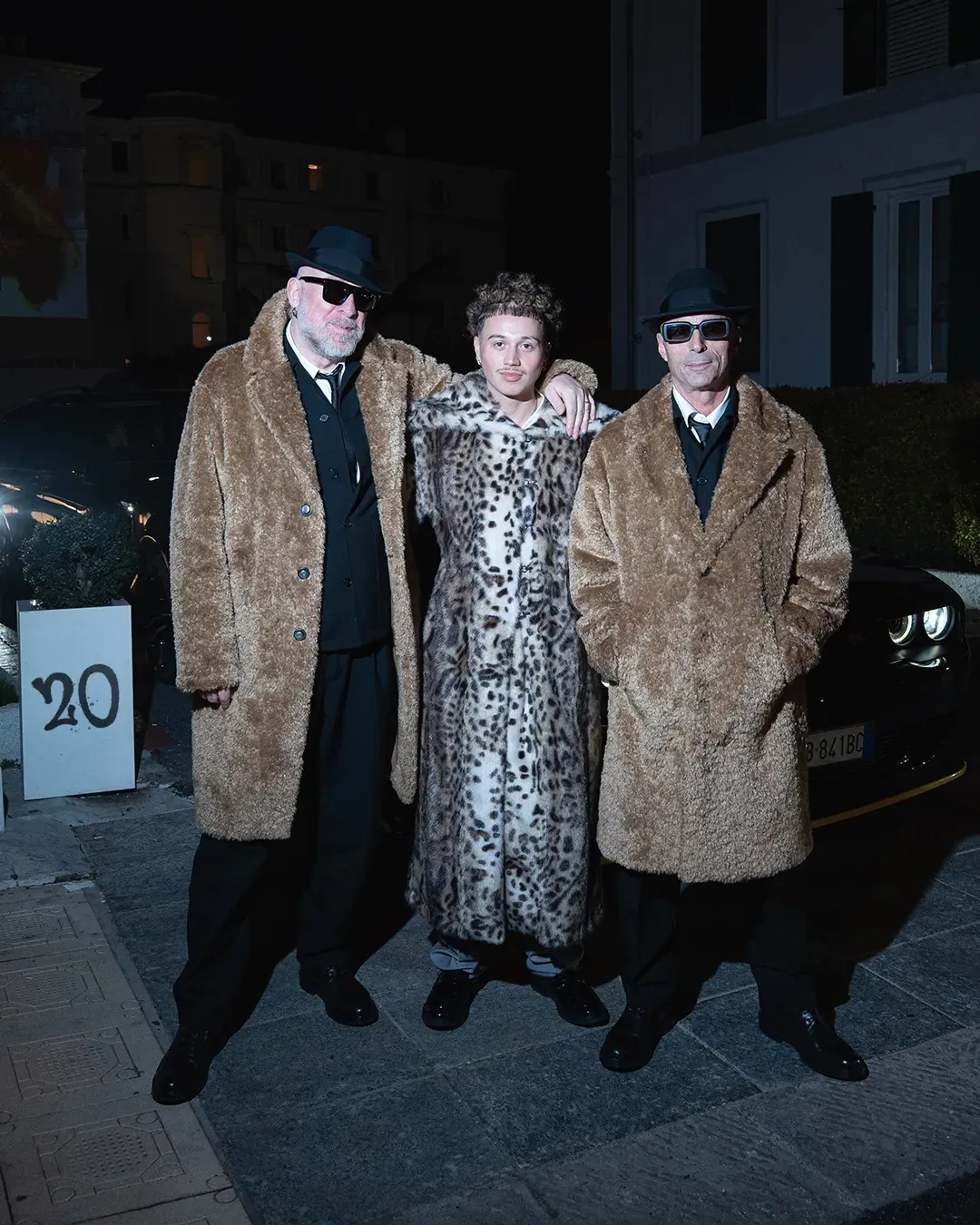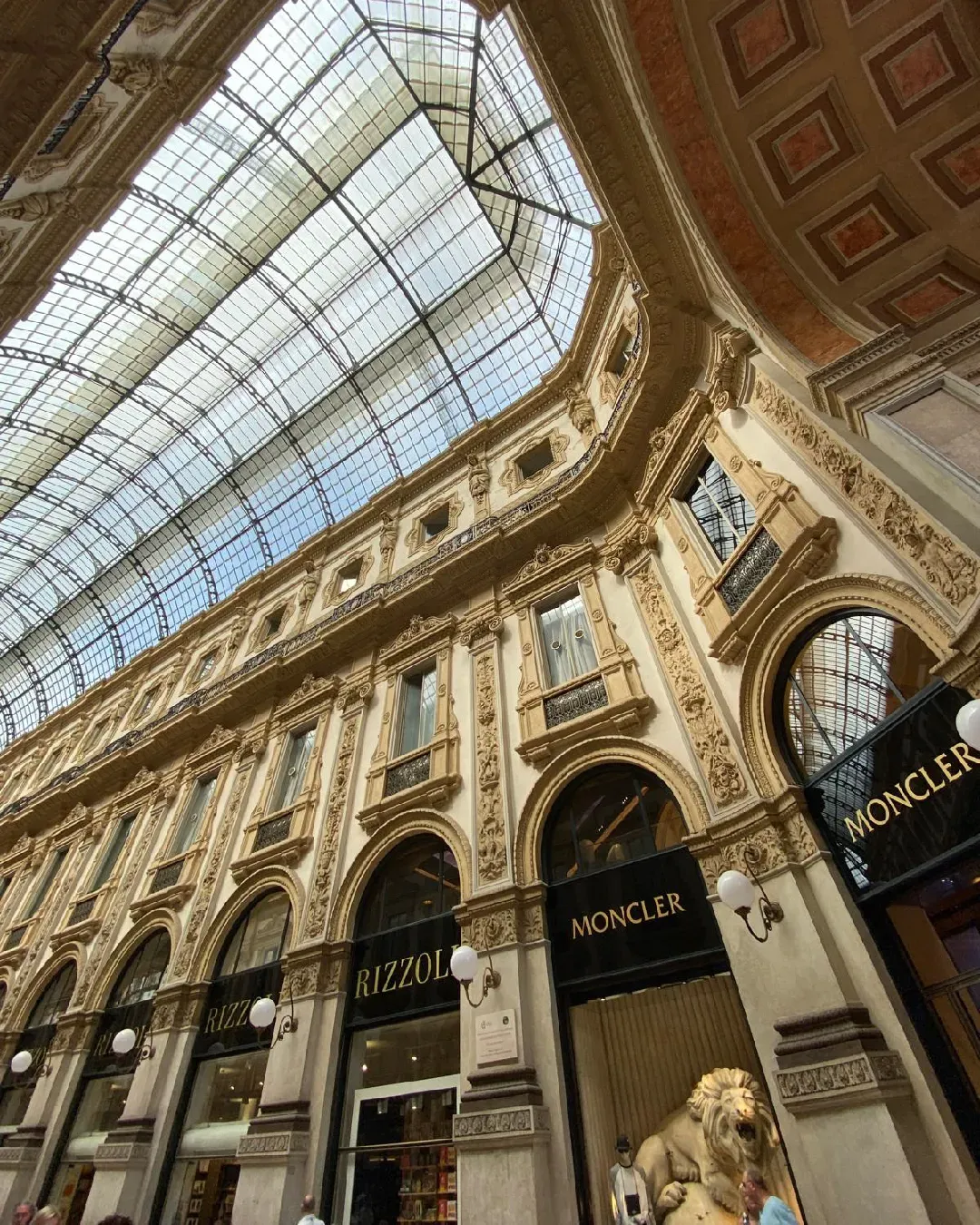
We talk about sustainability but the air of Milan is among the worst in the world And it's not just chimneys and cars that are to blame.
According to data published by the IQ Air agency and confirmed by ARPA Lombardia, the air of Milan has a serious pollution problem. On 19 January, it was the third most polluted in the world after Dhaka, Bangladesh, and Delhi, India. Today, it has dropped to 33rd place and remains the only city in Italy to appear in the ranking. Regardless of the data of the individual days, however, just scroll through the feed of the Instagram page @aria.di-milano to see more yellow and red than green days – with an AQI index (the Air Quality Index) always above 100, that is, the threshold beyond which the concentration of fine dust begins to have effects on health. In short, the city of Milan (but in reality the whole of Lombardy) has a serious pollution problem, also due to the wider Lombard context, but which clashes with the narrative of a green & smart city circulating about the metropolis.
The concentration of fine dust in Milan is, in fact, a consequence not only of the fumes of boilers, smokes and motor vehicles, but also of intensive farming located in the southern part of the region. In a note quoted by MilanoToday, Legambiente Lombardia wrote:
«This is explained by emissions from stables and the spreading of livestock slurry. In fact, more than two thirds of the suspended fine dust consists of microcrystals of ammonium salts, which are formed in the atmosphere from a gaseous pollutant produced by intensive livestock farming, ammonia, which combines with nitrogen oxides from traffic».
Yet the Lombardy Region has reduced, by means of a measure, the period of prohibition of spreading of livestock slurry, allowing farmers to empty their tanks and, again according to a letter from Legambiente to the Councilor for Agriculture of the Lombardy Region Rolfi, nullifying the anti-smog measures adopted in cities such as Milan, which has seen in recent days a further tightening of regulations.
It is clear that for a city that would like to present itself as the most advanced in Italy, and where the word "sustainability" is on everyone's mouth, poor air quality is a symptom of a malfunction of the system. Starting today, the anti-smog bans against the most polluting diesel engines will start throughout the region but, at the same time, the Milan air problem is in a broader context that concerns intensive exploitation of the territory and, therefore, a concept of sustainability involving much larger economic systems than those that a private citizen (or the population of a single city) could control. Suffice it to say that 51% of all pigs and 25% of all cattle raised in Italy are concentrated in the south of Lombardy – a figure that emerged precisely thanks to the reduction of emissions of exhaust pipes and chimneys in the city centers.
























































